What is a Selling Concept? Definition, Features, Principles, Examples, and Pros/Cons
Suppose you made a product – do you think it is essential to inform people about your product so that they purchase from you? Let’s what the selling concept of marketing tells about this.
What is Selling Concept?
The selling or sales concept is a marketing philosophy that relies on aggressive selling methods and heavy promotions to make a sale of the product. It states people ordinarily will not buy the products unless they are stimulated to buy.
In simple words, the selling concept refers to a marketing idea where sellers continuously stimulate, influence, and persuade prospects to buy their products. It describes since there are various products that are easily available to people to make them buy the products you should reach out to them, convince them, and close a sale.
This marketing concept has the following implicit beliefs:
- People have a usual tendency to resist buying most of the things that are not essential to them.
- People’s interests can be diverted or influenced by promotional activities.
- Consumers can be induced to buy more through various sales-stimulating means.
The main objective of this marketing concept is to make more sales and earn profit. During the period between the 1930s and 1950s (except for the years during and immediately after World War II), firms were mostly involved in promoting their products through an advertising sales force and publicity. This led to the development of selling-based marketing philosophy.
The sales concept of marketing is based on aggressive selling strategies which believe people will buy when aggressive selling means are adopted. This concept is best suited for products like insurance, unsought products, luxury items, or product which is infrequently purchased.
However, this marketing concept ignores the satisfaction of customers and tells us that even if they do not like the products if they are persuaded to buy they will buy. And, even if they get disappointed at first in the long run they will forget.
Related: Production Concept of Marketing
Characteristics of Selling Concept
The following are the common features of the sales concept of marketing.
Aggressive Means
The selling concept assumes getting customers’ attention through aggressive marketing strategies. It emphasizes to use of marketing tactics (provocative) that certainly make customers respond even though sometimes it is offensive.
Heavy Promotion
The sales concept led to the development of different promotional strategies. It forces to use of different promotional strategies like advertising, free samples, discounts, limited-time offers, referral programs, etc. that certainly entice customers to take action.
Marketing Concept
The sales concept is one of the marketing concepts or philosophies like production, product, marketing, societal, and holistic concepts. The failure of production and production concepts to make enough sales led to the development of the sales concept of marketing.
Solely Focused on Increasing Sales
This concept is solely focused on increasing sales as far as possible. It does not consider whether buyers want to buy or not it only focuses on making them buy with heavy promotion and aggressive selling tactics.
Ignores Customers Satisfaction
While marketing products this concept does not considers whether the customers will be satisfied after buying or not. It is only that they must buy their repetitive buying behavior is not taken into account.
Seller’s Choice Products
The sales concept sells products of the seller’s choice not of the customer’s choice. Its first focus is on making a product with sellers’ interest and choice and focusing on stimulating customers’ attention to that product. The aim of the sales concept is to sell products that the company makes rather than what the customers (markets) need.
Also Read: Societal Marketing Concept
Principles of Selling Concept
The principles of sales concept of marketing state how it works and makes a profit for the firm. The below picture shows the functioning pattern of the selling concept.
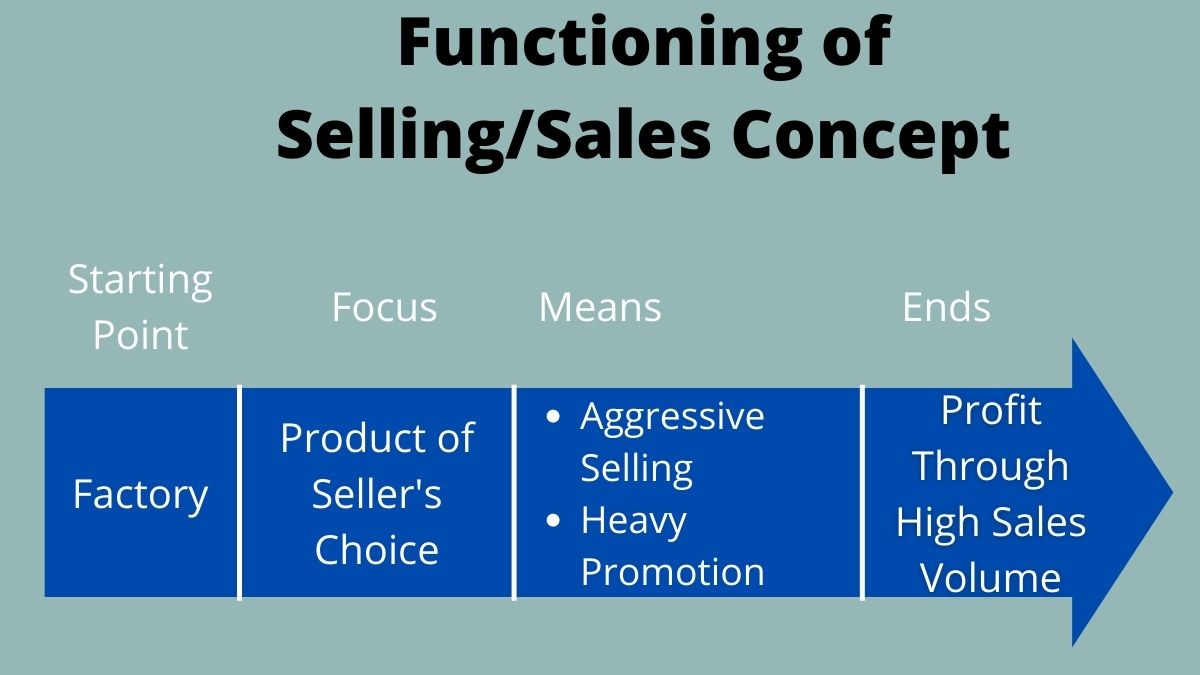
If you make the decision to embrace this sales concept you need to follow the following four principles.
Start with Factory
To the first principle of the selling concept, you should first establish a business or factory to produce the products you want.
Product of Seller’s Choice
Here, you are a seller or marketer. By this principle, you produce the products as per your choice. This marketing concept emphasizes producing products that the company wants to produce, it does not take into account the customer’s needs and interests.
Aggressive Selling, Heavy Promotion
The sales concept states your means of maximizing the sale of the products should be through aggressive selling and promotion tools as much as possible.
Profit Through High Sales Volume
In the end, by the sales concept, your ultimate goal should be profit maximization through high sales volume. Since the means of aggressive selling tactics, increase the overall cost this concept stresses maximizing profits by massive sales volume.
Advantages and Disadvantages of Selling Concept
Following are some of the positive and negative aspects of the selling/sales concept of marketing.
Advantages:
- Higher Sales – One of the benefits of the sales concept is it brings higher sales to the business. This strategy is totally focused on increasing sales through heavy promotion and provocative marketing strategies. And, ultimately (positively) sales concept increases the sales volume and profits of your business.
- More Market Coverage – Usually the sales concept is suited to unsought products. Sellers focused on selling such products to customers they may have not heard of. This informs customers and they might share with others which increases the coverage of such products.
- No Remaining Stocks – Companies usually embrace the sales concept when they have too much stock. They hire different sales personnel to market their products and reduce the stocks in the best possible way.
- Best For Unsought Products – The sales concept is the right fit for unsought products like luxury outfits, cars, insurance policies, political campaigns, houses, etc. People are usually unaware of buying them however aggressive selling tactics influence them to some extent to purchase.
Disadvantages:
- No Customer Consideration – One of the main disadvantages of the sales concept is that it neglects what the customers want to purchase. It only sells the product which the seller or company wants to sell. Customers’ interests need, demand, and satisfaction is ignored and the focus is only on profit maximization.
- Short-Term Focus – The aim of this marketing concept is short term it just wants to make a sale and does not care about the repetitive buying of customers.
- No Use in Long Term – This concept’s principle is based on short-term goal achievement it indeed fails in the long run since now the customer’s needs are the main point of all marketing efforts.
- Wrong Assumption of People Will Forget – What the sales concept tells us is that people will buy products even if they do not like them if they are influenced too. And, if they are disappointed today in the long run they will forget or even they do not tell anyone about their bad experience. You can be sure that this is the wrong assumption of the selling concept of marketing.
Examples of Selling Concept
Insurance Policy – The practice of selling insurance policies is an example of this marketing philosophy. Usually, we do not purchase insurance policies but insurance agents are heavily involved in finding clients and making sales as much as possible and we are convinced by the sweet voice of the agent and the hope of the benefits he offers.
Political Campaigns – Political marketing also has success with this marketing strategy. Political parties in this context heavily promote their candidates, and voters are typically persuaded by their heartfelt speeches and pledges to support them.
Read Next: 6 Marketing Philosophies
Sajan Kushmi is a content writer with more than 4 years of experience. He holds BIM Degree. He write on the topics related to Management, Marketing, and Entrepreneurship.

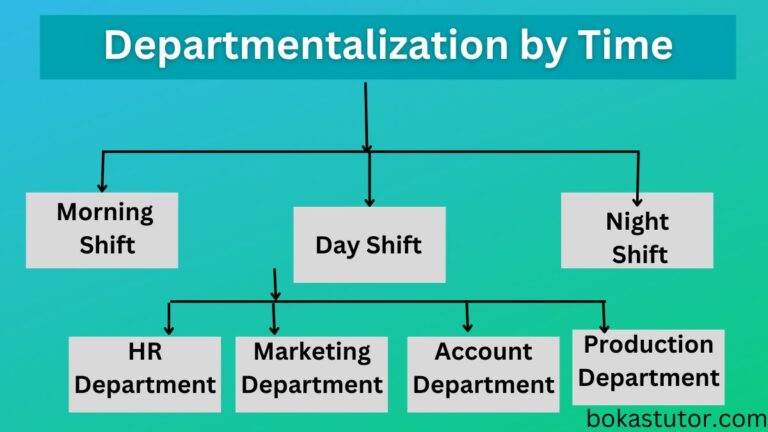

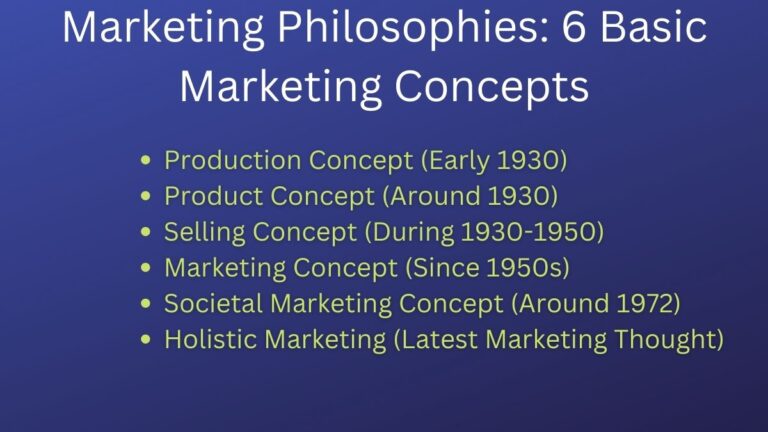
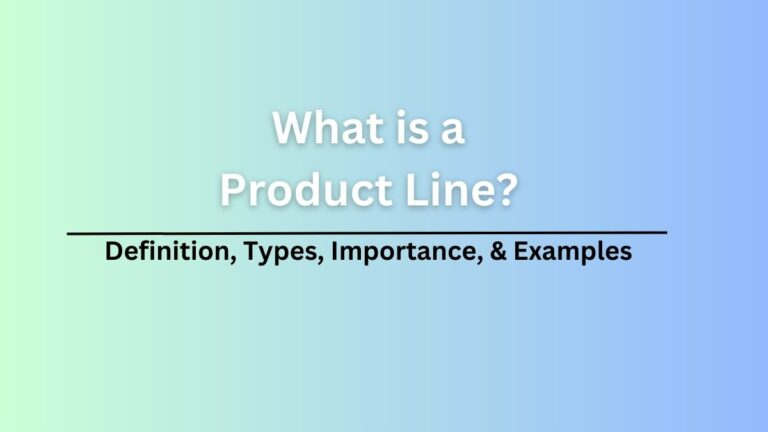
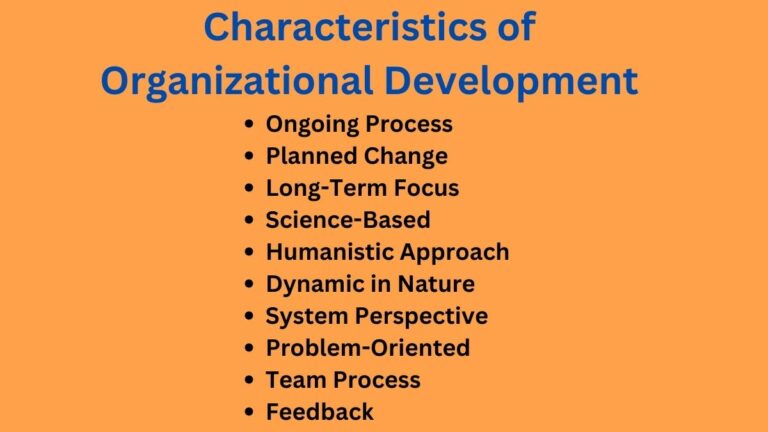
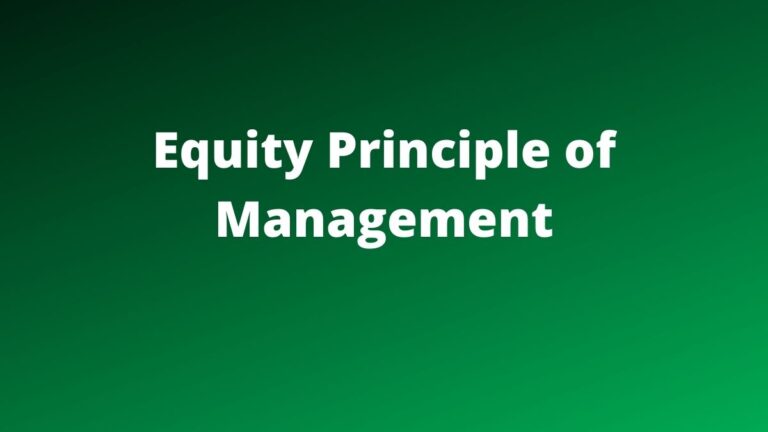
its nice but can you tell us how one can apply this concept to Nigeria environment?